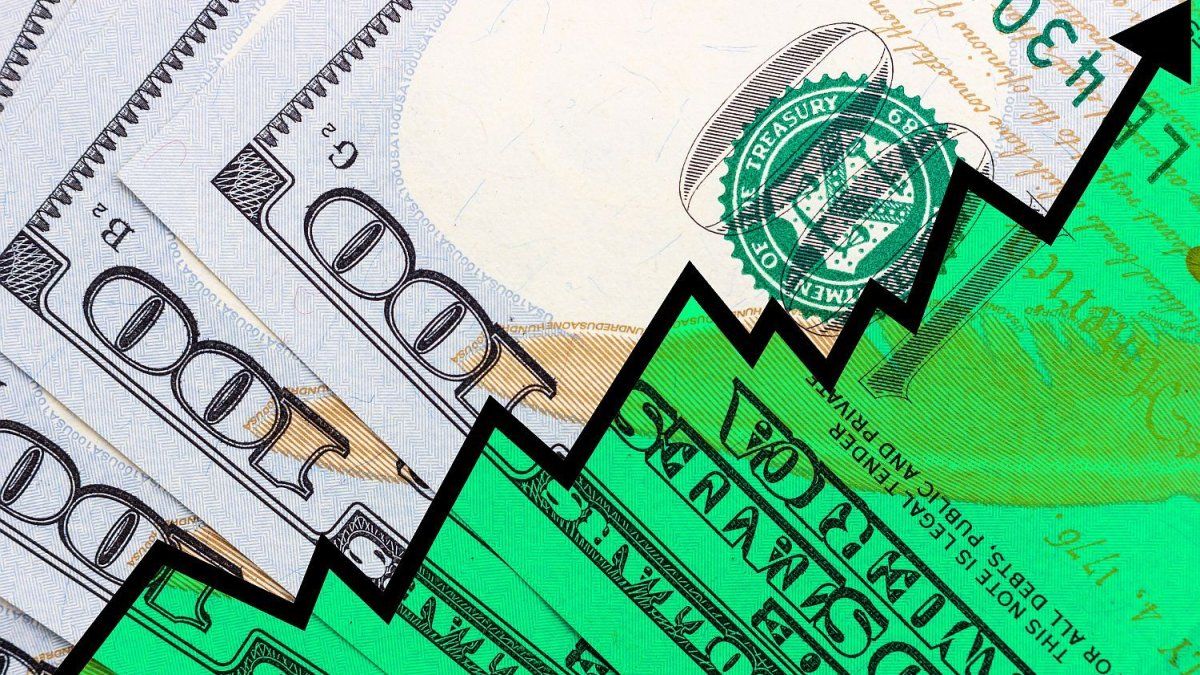The British newspaper The Financial Times published an extensive analysis of the management of President Javier Milei. They define him as an “anarcho-capitalist” who implemented a strong fiscal adjustment to control inflation. And although they highlight its virtues such as the fiscal surplus and the latest CPI data, they talk about the fact that a strong recession was generated and that the country must meet its debt commitments.
Thus, it stands out that in Argentina, Javier Milei managed to lower inflation from 25.5% monthly when he took office last December to 3.5% in September“although prices have still more than doubled since the beginning of the year.”
They also highlight that Milei fulfilled his campaign promise to “bring a chainsaw to the State”, eradicating years of large government deficits and money printing by stopping capital spending, reducing government payroll and reducing pensions and state sector salaries.
They also highlight that their “fiscal adjustment” is known as the “most drastic ever seen in an economy in peacetime.” But austerity, they explain, deepened a recession that began last year, when the IMF predicted the economy will contract 3.5% in 2024.
“While there are some signs that economic activity has bottomed out (it grew 1.7% month-on-month in July according to the latest government data), consumer, industrial and construction spending will remain deeply depressed compared to 2023” , they warn.
The article also highlights that The number of Argentines in poverty increased to 53%, the highest amount in 20 years. Unemployment in the second quarter of this year was 1.4 percent higher than the same quarter last year, they reveal.
The Financial Times maintains that economists, diplomats and pollsters are less sure of the Government’s optimism regarding the path outlined and while they praise Milei’s achievements in extraordinarily difficult circumstances, They point out great risks that persist.
The article in another section mentions the gap between the black market dollar and the official exchange rate and marks the reduction of the gap by 20% as a positive fact. But they maintain that “Most foreign investors want to see how long Milei’s experiment proves to last before opening their checkbooks.”.
Another conflict that is mentioned is that The domestic industry is being pressured by the growing strength of the peso, which also makes it more difficult for the government to save the dollars it needs to pay the debt.
Lastly, they explain that Argentina also faces external financial pressure, with more than $14 billion in debt payments due next year and without the possibility of borrowing fresh money in international markets until the economy is stronger.
Source: Ambito
I’m a recent graduate of the University of Missouri with a degree in journalism. I started working as a news reporter for 24 Hours World about two years ago, and I’ve been writing articles ever since. My main focus is automotive news, but I’ve also written about politics, lifestyle, and entertainment.




